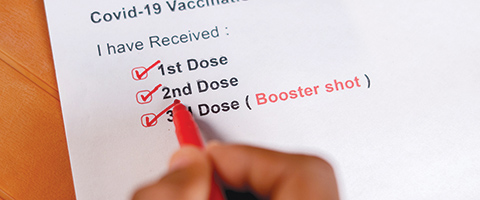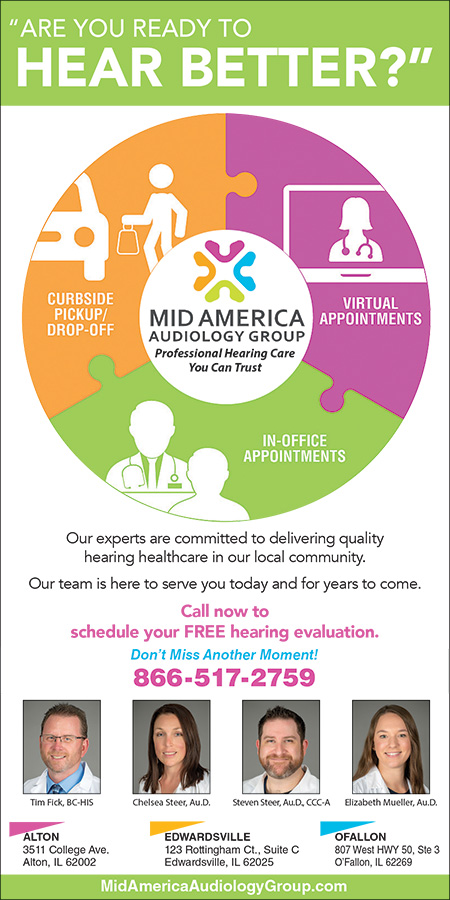Should you get a Covid booster?
 About 40,000 Americans died of Covid this summer. That toll means that Covid is continuing to kill many more people each day than vehicle crashes, gun violence, the flu or many other health threats.
About 40,000 Americans died of Covid this summer. That toll means that Covid is continuing to kill many more people each day than vehicle crashes, gun violence, the flu or many other health threats.
The situation is especially tragic because most of these Covid deaths could have been prevented; if only more Americans had received vaccine shots, including booster shots for older people and others with vulnerable health, notes a recent article in the New York Times.
Covid is killing almost nobody under 50 and is hospitalizing very few people. The death and hospitalization rates also remain low among older people who are boosted. And in all of these groups, severe Covid illness is concentrated among people who have significant underlying medical problems.
The main reason so many Americans are still dying from Covid is that vaccination and booster rates are not higher. Only about half of adults have received a booster shot, according to the Kaiser Family Foundation’s most recent poll. More than 20 percent have not received any vaccine shot.
DO BOOSTERS MATTER?
Yes, they do. The biggest benefit is a reduction in severe illness among vulnerable people. For that reason, anybody over 50 who has not yet received a booster shot in 2022 should consider getting one as soon as possible.
The most effective way to reduce Covid deaths, however, does not involve boosters. It involves persuading more unvaccinated Americans to get their first shot. Their risks are far higher than the risks facing the unboosted. Unfortunately, public health officials acknowledge that they don’t know how to increase that number very much. About four-fifths of the unvaccinated – a group that is disproportionately Republican – say they will “definitely not” get a shot, according to Kaiser.
DO YOUNGER PEOPLE NEED ONE?
Covid remains so deadly largely because millions of Americans have decided they would rather accept its risks than receive a vaccine shot.
Whether to get a booster shot is a closer call for healthy people under 50, many experts believe. Rates of severe Covid are already so low among this group that booster shots don’t seem to have a huge health benefit. But perhaps most important, a younger person could infect an older person for whom Covid might be more severe.
“You’re doing it for your family and your friends,” Dr. Ashish Jha, the White House’s Covid coordinator, told The Washington Post. The Biden administration has recently changed its guidance to recommend that all eligible people 12 and above receive a booster shot with one of the updated vaccines. Jha recently said he expected a Covid shot to become an annual ritual, like a flu shot.
WHAT ABOUT NEW BOOSTERS?
Pfizer and Moderna began offering bivalent booster shots in September, designed to combat Omicron subvariants of the Covid virus. Tests in animals have suggested that the shots will do a better job preventing infections than earlier vaccine shots.
So far, the real-world evidence is unclear. The situation will become clearer once the CDC releases more data in coming weeks. The new boosters, like the earlier versions, are likely to be extremely effective at preventing severe illness, scientists say. For people who are more vulnerable to severe Covid, either because of age or a health condition, the best advice has not changed: Stay up-to-date on your Covid boosters.



Leave a Reply